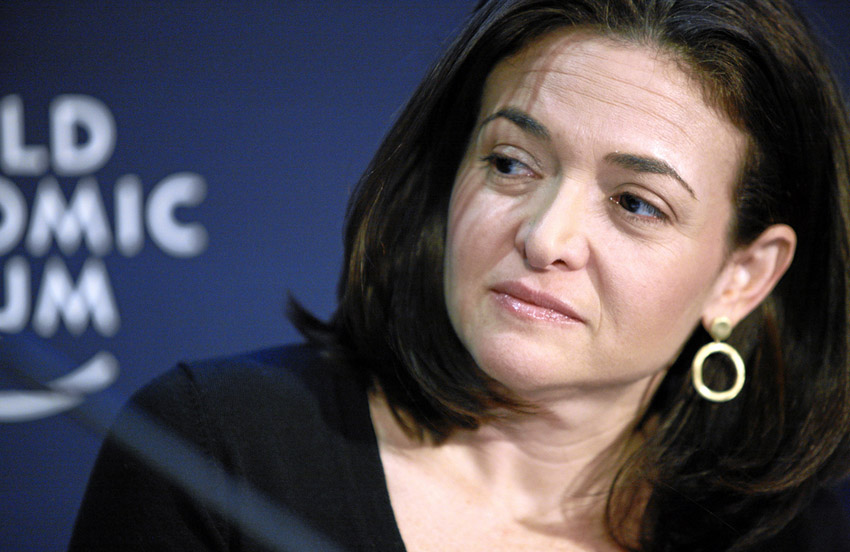Can Boston Really Become the Premier City for Working Women?

Sheryl Sandberg photo via World Economic Forum on Flickr
It appears Mayor Menino has been reading Sheryl Sandberg’s Lean In, the Facebook exec’s bestselling new book urging women to let their natural ambitions—not their late-night worries about managing their kids, home, and career (you know, that whole “having it all” ball of wax)—guide them through the proverbial glass ceiling. Yesterday the mayor’s office announced its aim to make Boston “the premier city for working women.” Through a series of initiatives, he hopes to transform the way business is done in this town.
The plan has two parts: The first will establish the “Women on Main” initiative to connect women business owners throughout Boston’s Main Streets districts. According to the Census Bureau, fewer than 30 percent of businesses in Boston are owned by women, similar to the national average, but not exactly up to snuff for a city like Boston, with its highly educated workforce and teeming industries.
In her comprehensive article on the pay gap, Boston magazine’s Janelle Nanos spelled out a big part of the problem: “Only 12.7 percent of local-business board members are women. That’s significantly worse than the still-not-good 15.6 percent at Fortune 1000 companies.” And, behind those numbers is something insidious: a boy’s club culture that doesn’t really want to change. As Malli Gero, cofounder of 2020 Women on Boards told Nanos: “Boston business is very slow to adopt newer ways of thinking. It’s not a corporate priority. We’re seeing it in the board diversity and we’re seeing it in terms of the wage gap.”
The mayor is on it, citing these disturbing statistics:
“A recent report from the American Association of University Women revealed that recent female college graduates are only making 82% of their male classmates. Even after controlling for the many factors that might affect earnings—from GPA to weekly hours worked to industry sector—women graduates are only making 93% of the earnings of their male peers. And, regardless of age, pay inequity persists throughout the State of Massachusetts and in Boston. According to the Bureau of Labor Statistics, women in Boston who are working full-time earn 81% as much as their male counterparts, as a percentage of the median weekly wage.”
Which brings us to the second part of Menino’s plan: To make Boston the first municipality in the country to teach women how to negotiate for fair pay. According to Sheryl Sandberg, our modern-day Betty Friedan pulling the curtain back on all the gender inequality ugliness we might prefer ignore, one of the key problems facing women in the workplace is the lack of fairness in compensation. In her book she tries to tease out why women still earn 77 cents on the dollar that every man earns and finds that, in addition to institutional bias, women are less likely to stand up for themselves and negotiate for higher salaries and better terms than their male counterparts.
While the statistics are bleak and the societal forces driving them complex, there is something to getting women to stand up or lean in or whatever. And so Menino has called in former Lieutenant Governor Evelyn Murphy, whose WAGE Project, a nonprofit aimed at ending pay discrimination against women, will partner with the city to lead workshops for women to learn how to negotiate for fair pay. At the workshops, Murphy regularly starts by telling attendees that, after graduating from college, women will earn $1 million less over the course of their working lives than their male counterparts.
Talk about a wake-up call. Let’s hope Menino’s fully recovered from his health problems a few months back. He’s going to need all his strength, and maybe a bit of Sheryl Sandberg-style tough love, to crack this nut. Kudos to him for trying.

